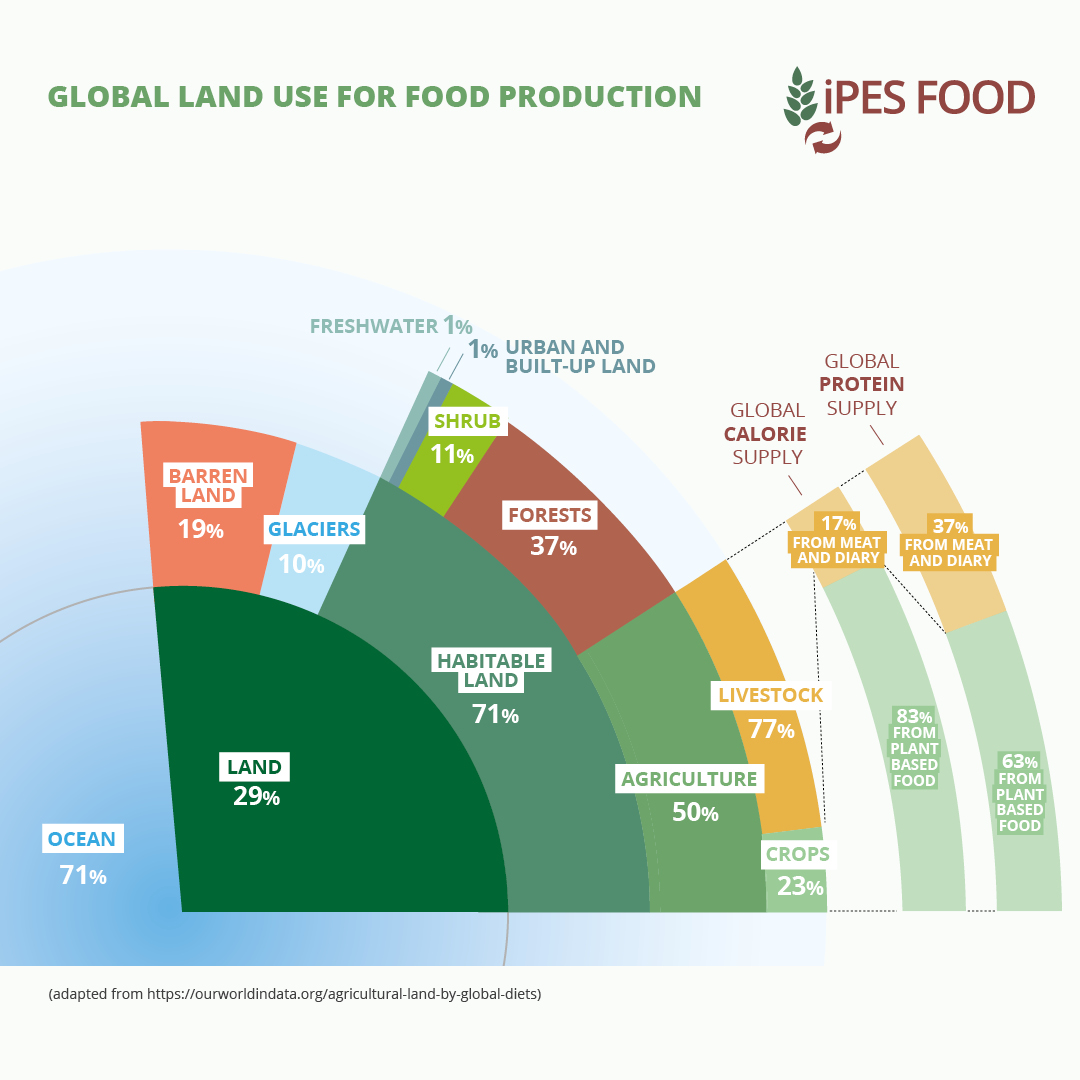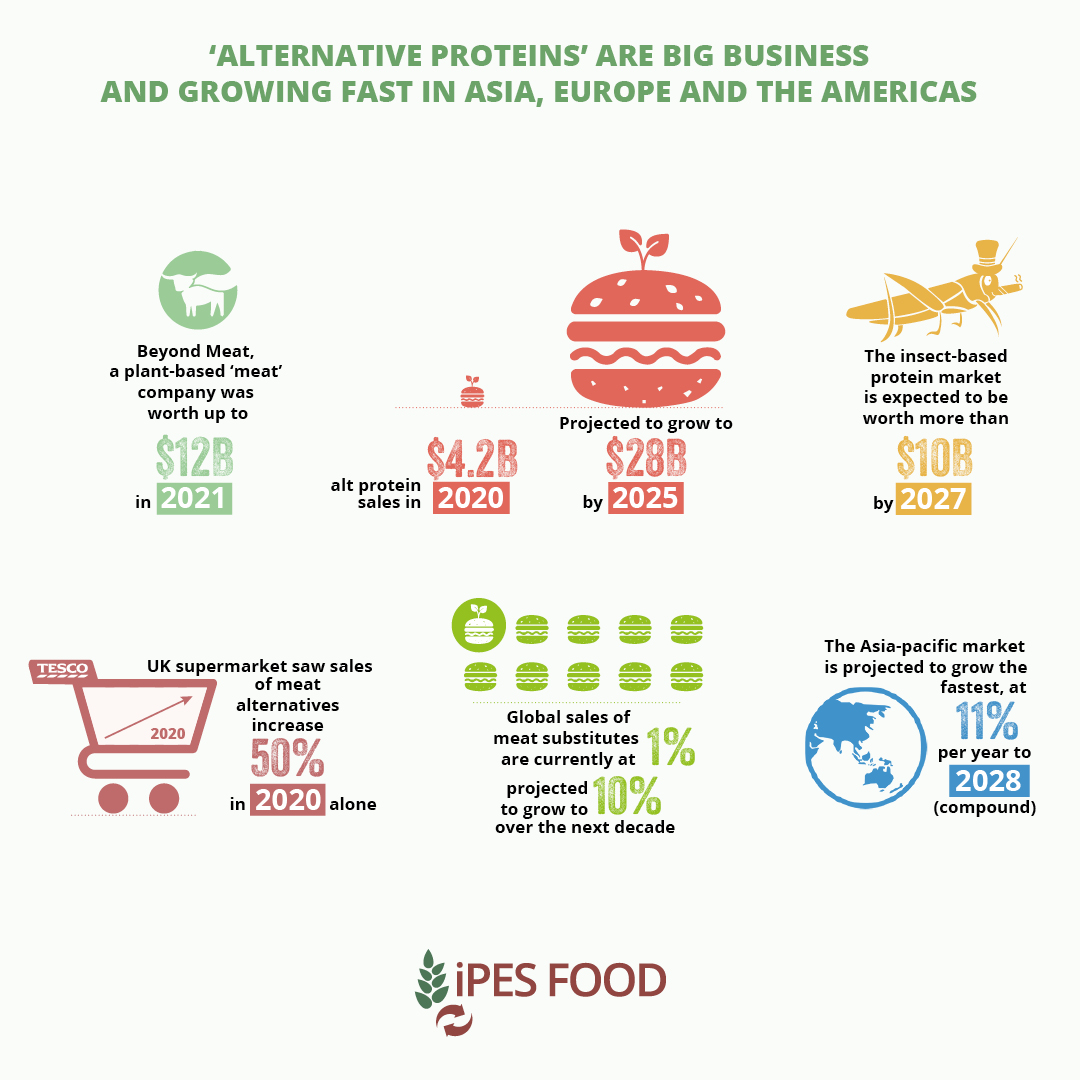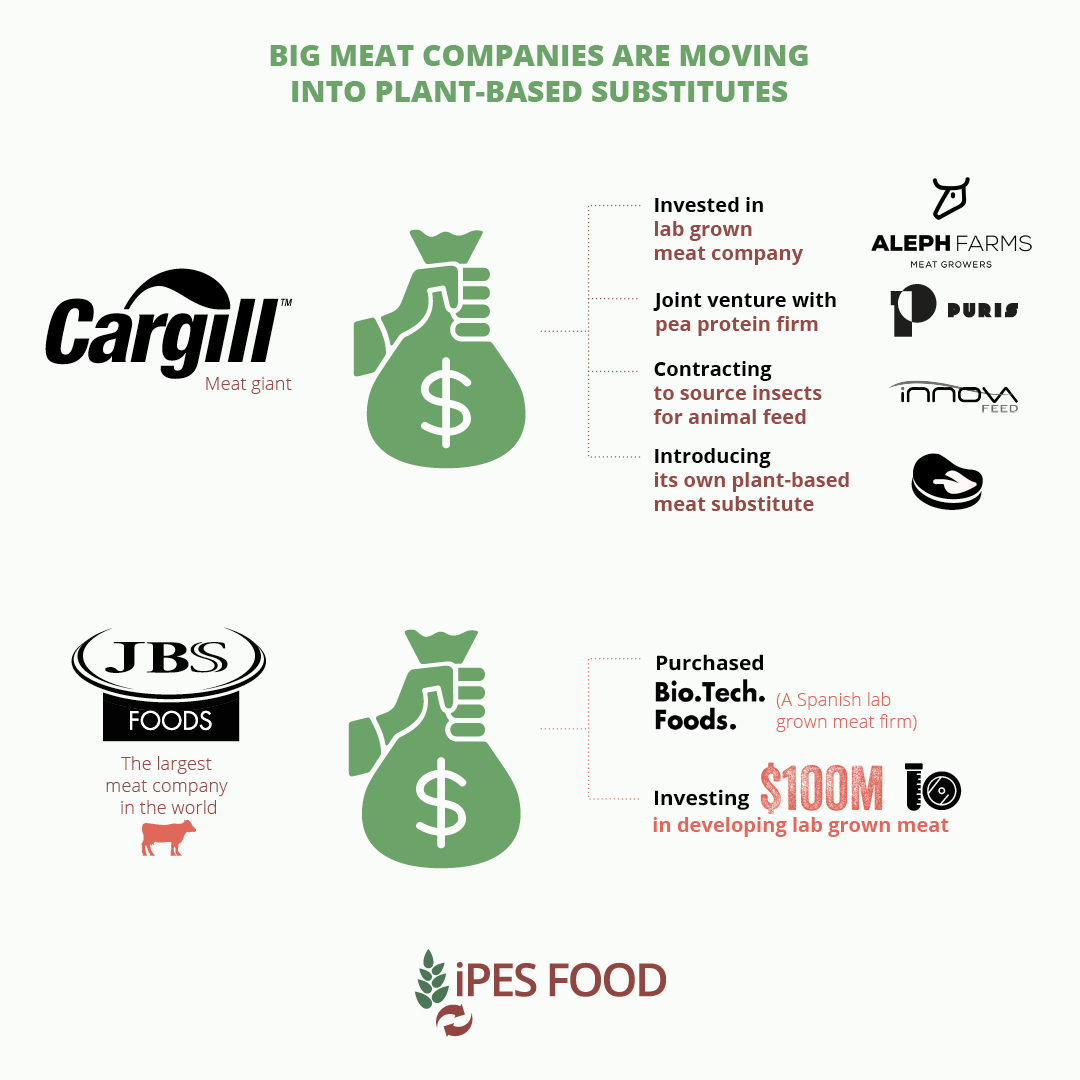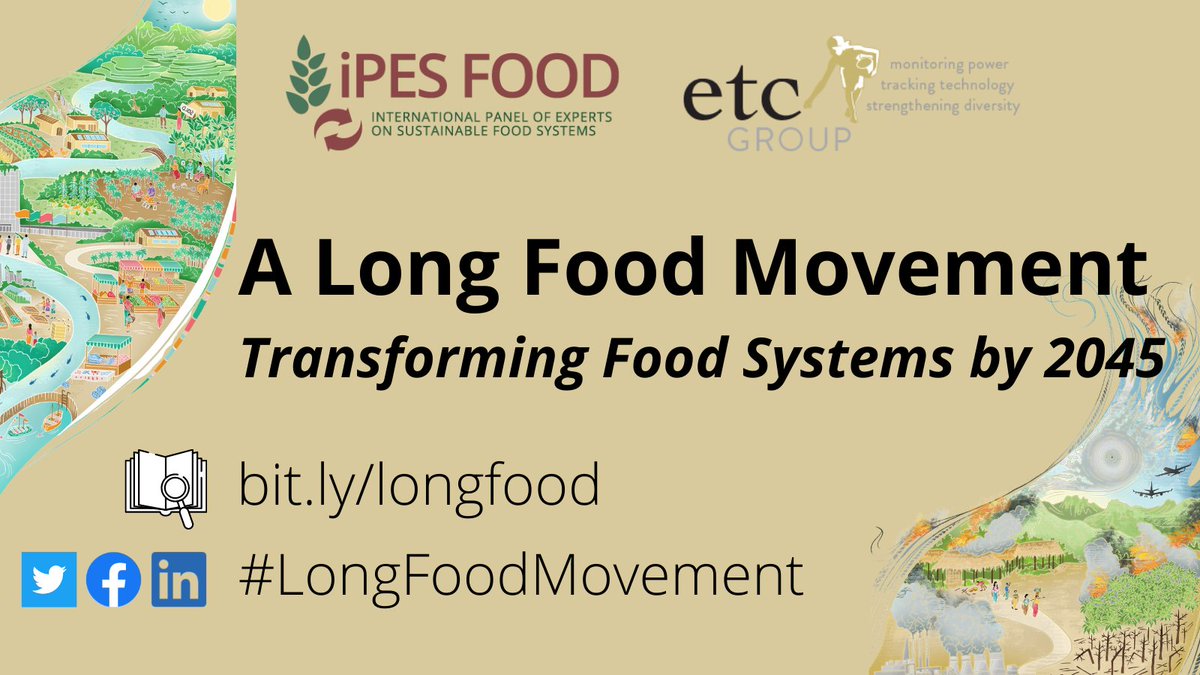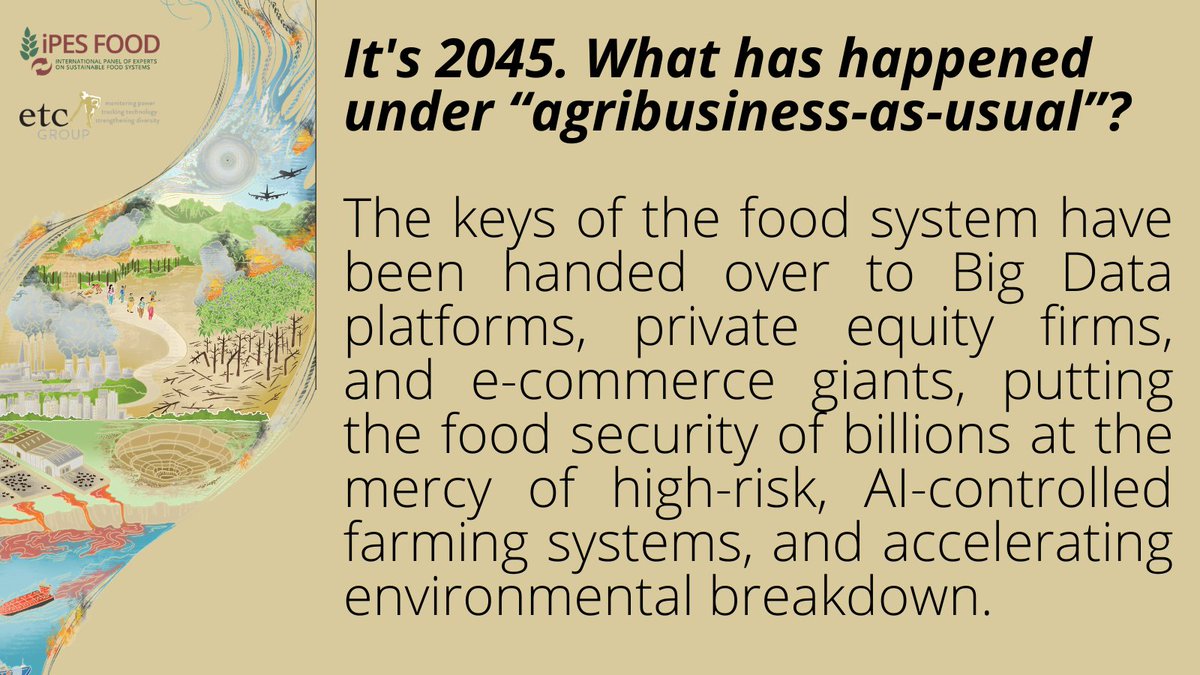After access to finance, another big obstacle to agroecology is *ACCESS TO #LAND & #WATER* 🌳🚰
📰This month we published 'The Added Value(s) of #Agroecology: Unlocking the potential for transition in West #Africa'
🔎 The research shows why land & water are fundamental 👇🏿
/1
📰This month we published 'The Added Value(s) of #Agroecology: Unlocking the potential for transition in West #Africa'
🔎 The research shows why land & water are fundamental 👇🏿
/1

Rapid #population growth, urban sprawl, and land grabbing have created unprecedented pressures on #land and #water resources in West #Africa. Moreover, land laws, often rooted in the colonial era, have generally failed to protect customary tenure and land use.
/2
/2
In fact, between 2000 & 2012, some 3 million hectares of land were subject to large-scale #land acquisitions across nine West African countries.
🔎In #Senegal alone, 650,000+ ha were granted to investors between 2007 & 2016 – equivalent to 16% of the country's arable land❗️
/3
🔎In #Senegal alone, 650,000+ ha were granted to investors between 2007 & 2016 – equivalent to 16% of the country's arable land❗️
/3
Large-scale #irrigation projects have also further reduced access to water for pastoralists and #smallholders. In the Sudano-Sahelian area, land and water grabbing has led to the breakdown of traditional pastoral areas. And #climatechange is exacerbating these pressures.
/4
/4
But what does this mean for #agroecology? 🌱
Potential adopters of agroecology are left with marginal land, resource constraints & competition, & – in the absence of secure land tenure – no guarantee that they'll be able to reap the benefits of the agroecological transition.
/5
Potential adopters of agroecology are left with marginal land, resource constraints & competition, & – in the absence of secure land tenure – no guarantee that they'll be able to reap the benefits of the agroecological transition.
/5
In West #Africa, the most fertile land, often near waterways, tends to be claimed for #export commodity production. As a result, agroecological production is often confined to marginal & low-fertility land, holding back its potential & skewing assessments of its productivity.
/6
/6
The lack of access to #land & #water are obstacles that are particularly acute for #women. Across West #Africa, they continue to face severe limitations to access, & are rarely placed in positions of responsibility or decision-making (cf. @FAO).
So what does this mean ? ...
/7
So what does this mean ? ...
/7
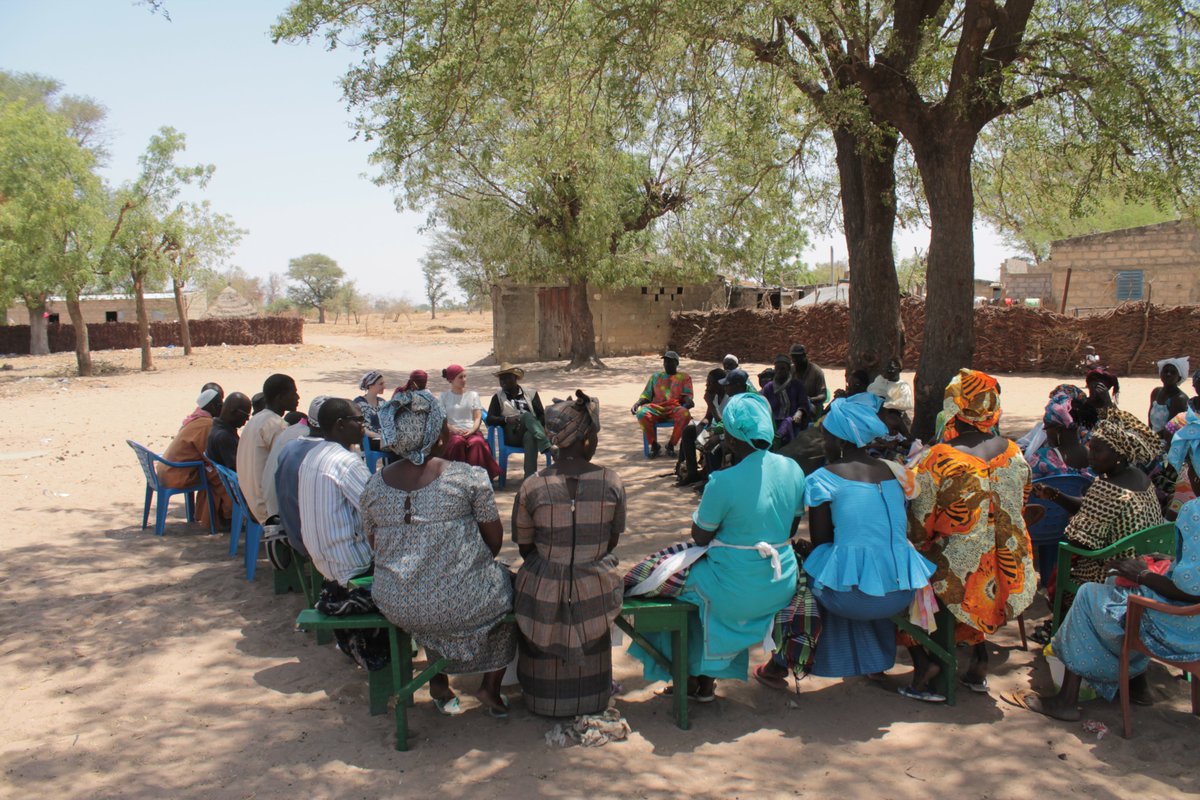
... Because of lack of access to land & water, #women are held back in their ability to engage in the agroecological transition. The land they do own is often poorer quality & their tenure more insecure, particularly as a result of traditional land rights & inheritance laws.
/8
/8
But many national, regional & int'l organisations defending the rights of #peasants are continuing to mobilise around access to #land.
🔎Just look @Afsafrica's work on land tenure & management, or @Oxfam-Solidarité’s “Stand for #landrights” campaign!
📖 ipes-food.org/pages/Agroecol…
🔎Just look @Afsafrica's work on land tenure & management, or @Oxfam-Solidarité’s “Stand for #landrights” campaign!
📖 ipes-food.org/pages/Agroecol…

@threadreaderapp unroll.
-ENDS-
-ENDS-
• • •
Missing some Tweet in this thread? You can try to
force a refresh






